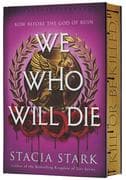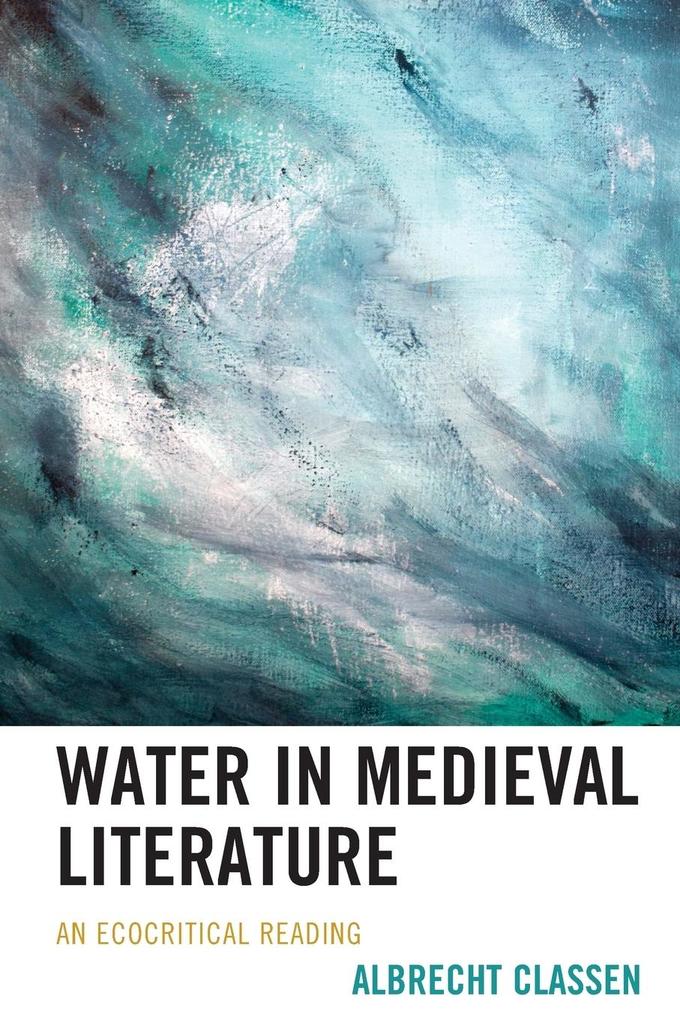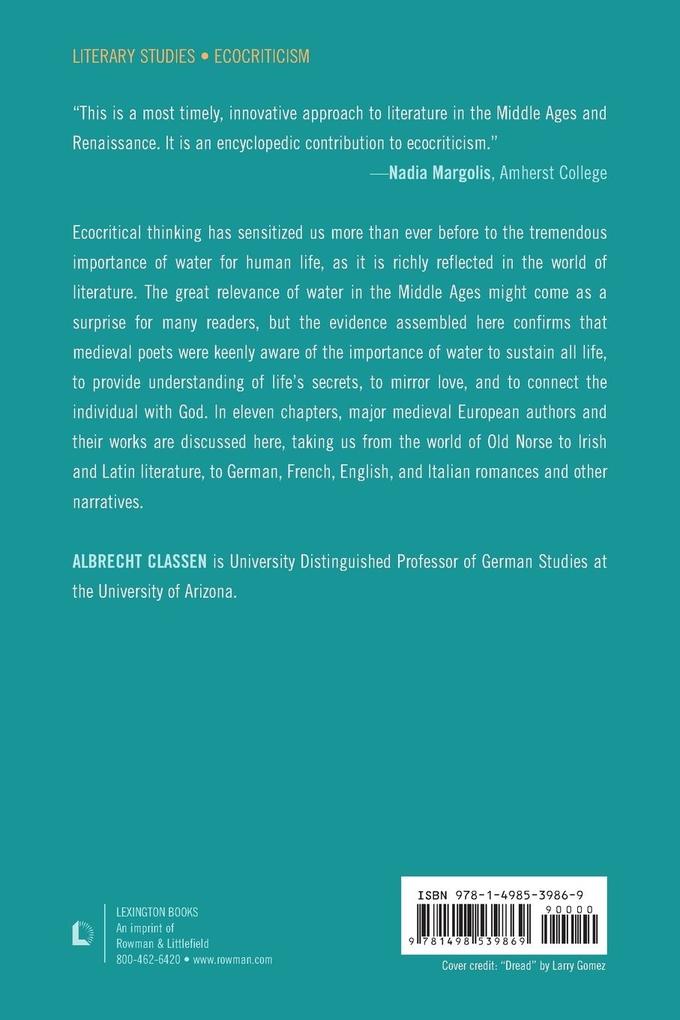This book uncovers the tremendous importance of water for European medieval literature, focusing on a large number of writers and poets. Water proves to be highly meaningful in religious, literary, and factual narratives insofar as it emerges as a central catalyst to bring about epiphany and epistemological and spiritual illumination.
Inhaltsverzeichnis
Introduction - Theoretical, Methodological, and Interdisciplinary Reflections
Chapter One - Water, Literature, Symbolism, and Epistemology in the Pre-Modern Age: A Pan-European Perspective
Chapter Two - Water and Voyages in the Goliardic Epic Poem of Herzog Ernst: Transformation and Maturation through Travel into the Mysterious Orient
Chapter Three - The Experience with Water in The Voyage of St. Brendan: Spiritual Epistemology in the Western Seas
Chapter Four - Water Worlds in the Lais by Marie de France: The Search for Happiness in a Fluid World
Chapter Five - Hartmann von Aue's Gregorius: The Religious Transformation Through Water
Chapter Six - Water Symbolism in Wolfram von Eschenbach's Parzival: The Material and the Spiritual Dimension of Water in a Middle High German Grail Romance
Chapter Seven -Mechthild of Magdeburg's Mystical The Flowing Light of the Divinity: Spirituality, Liquidity, and Epistemology
Chapter Eight - Boccaccio's Decameron (ca. 1351): Narrative Explorations of Tears, Water in













